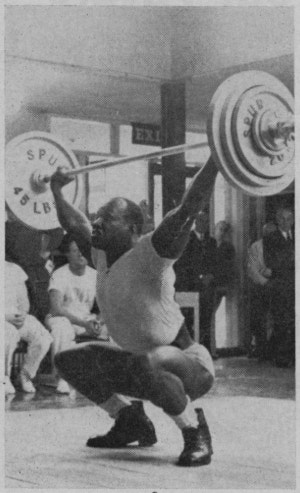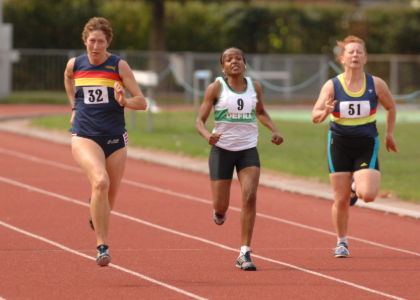
Ancient Games
The roots of the Games can be traced back to 776 BC in Olympia, Greece. These ancient Games were held in honor of Zeus, the king of the Greek gods. Initially, they featured a single event, the stadion race, a sprint of approximately 192 meters. Over time, additional events were added, including the diaulos (a two-stadion race), dolichos (a long-distance race), wrestling, boxing, the pentathlon (a combination of running, jumping, discus throw, javelin throw, and wrestling), and chariot racing.
The ancient Games were not only a display of physical prowess but also a religious festival. Athletes from various Greek city-states would gather every four years, observing a truce to compete peacefully. Victors were celebrated and immortalised in statues and poems, earning immense honour for themselves and their city-states. The ancient Games continued for nearly 12 centuries, ceasing around 393 AD when the Roman Emperor Theodosius I abolished them as part of his efforts to promote Christianity.
The Revival of the modern Games
The Games were revived in the late 19th century, thanks to the efforts of French educator and historian Pierre de Coubertin. Inspired by the ancient Greek tradition and motivated by a desire to promote international understanding and physical education, Coubertin founded the International Committee (IOC) in 1894. The first modern Games were held in Athens in 1896, featuring 241 athletes from 14 countries competing in 43 events.




The Revival of the modern Games
The Games were revived in the late 19th century, thanks to the efforts of French educator and historian Pierre de Coubertin. Inspired by the ancient Greek tradition and motivated by a desire to promote international understanding and physical education, Coubertin founded the International Committee (IOC) in 1894. The first modern Games were held in Athens in 1896, featuring 241 athletes from 14 countries competing in 43 events.
Early 20th century growth and challenges
The early 20th century saw the Games grow in scope and popularity. The Games began to include winter sports, leading to the inaugural Winter Games in Chamonix, France, in 1924. They also expanded geographically, with the 1904 Games held in St. Louis, USA, marking the first time the event took place outside Europe.
Organisers faced numerous challenges in the 20th century, including interruptions due to World Wars I and II. The Games were not held in 1916, 1940, and 1944. The Cold War era also introduced political tensions, with boycotts affecting the 1980 Moscow and 1984 Los Angeles Games.
Despite these challenges, the Games continued to evolve. The inclusion of more diverse sports highlighted the spirit of inclusivity and excellence.


Recent developments
In recent decades, the Games have embraced technological advancements and globalisation. The Games have seen the introduction of new sports and disciplines, reflecting contemporary interests and expanding the global audience. The 2000 Sydney Games were notable for their organisational success and the use of innovative technologies, setting a standard for future Games.
The 21st century has also seen issues addressed, such as sustainability, and the need for gender equality. The IOC has promoted the inclusion of more women’s events, striving to ensure fair competition and representation.
The Games Legacy
The Games have left an indelible mark on global culture and sports. They promote values of excellence, friendship, and respect, transcending political and cultural boundaries. Host cities and nations invest significantly in infrastructure and development, often experiencing lasting benefits in tourism and international recognition.
From their origins in ancient Greece to their modern incarnation, the Games have evolved into a global celebration of sport and human potential. They continue to inspire athletes and spectators alike, embodying the spirit of competition, unity, and peace. As they move forward, they remain a testament to the enduring power of sport to bring the world together.




